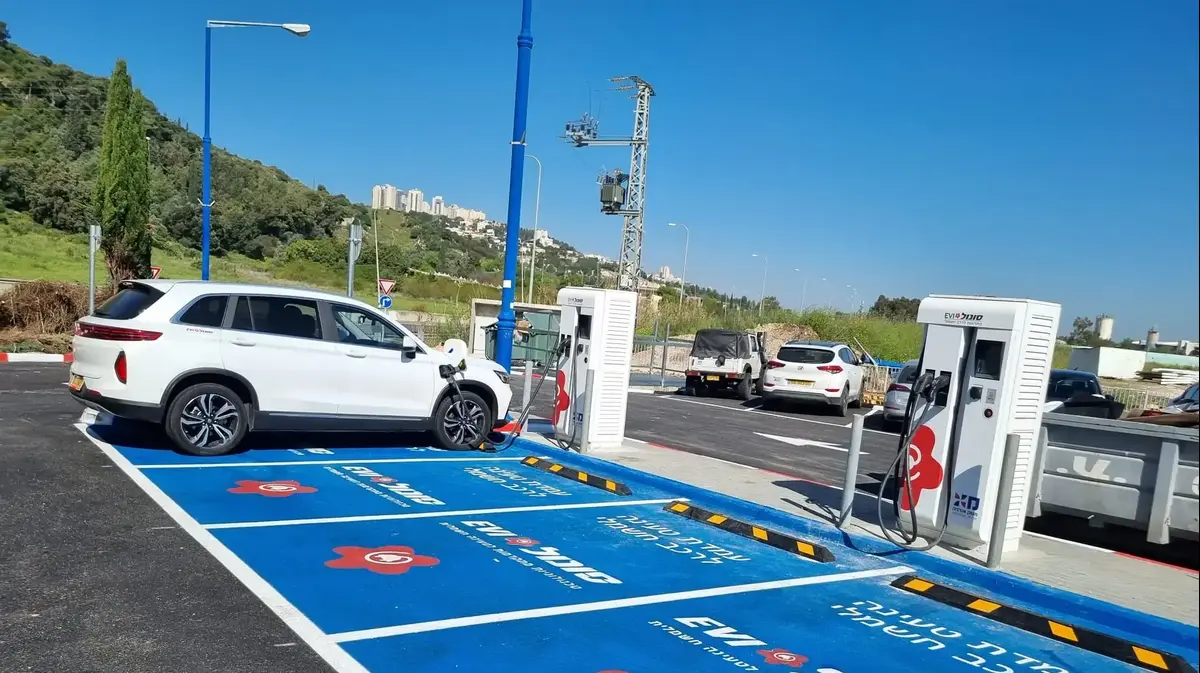The Spanish Data Protection Agency (AEPD) stopped Worldcoin's operations in Spain. The entity demanded to know how the American firm was treating such sensitive biometric information.
For now, the measure is precautionary. The fever lasted 20 days, and thousands of people crowded into shopping centers and queued for several hours to claim the 80 euros that could be obtained at that time. This was a market that was fed by enthusiasm, ignorance, or necessity, as is the case of Daniel Guerrero, a 36-year-old Venezuelan who is waiting for his humanitarian asylum to be approved. The company went unnoticed because the value of the currencies it distributed was low, around the euro. But the explosive rise in its price overnight in mid-February changed everything. You can work for 6 months, you can live in Portugal for a year, but you can't work for six months, and you can't live in Spain for six years. It's like a game of Russian roulette. On February 19, the cryptocurrency reached 7.5 euros, and six days later it reached eight. During that week, for registering in the application, each user received 10 coins, plus eight, on average, for inviting an extra person. “People came with their parents, nephews, uncles, children, and grandparents. It was non-stop every day, according to her mother. The news of the news spread like wildfire through social networks. In the 30 shopping centers where the iris could be scanned, the scans tripled, says Elisa, who worked as a checker in a gallery in Murcia and prefers not to share her real name. The first, who is a nurse in Valencia, began studying the economics of virtual currencies for an hour a day because he wanted to “diversify his portfolio. The second, about to oppose the army, also set its sights on Ronin, a digital currency that in one year was worth four euros.

/cloudfront-eu-central-1.images.arcpublishing.com/prisa/N427Z5HVMKHZ4LX3RDPZBBQGGA.jpg)









